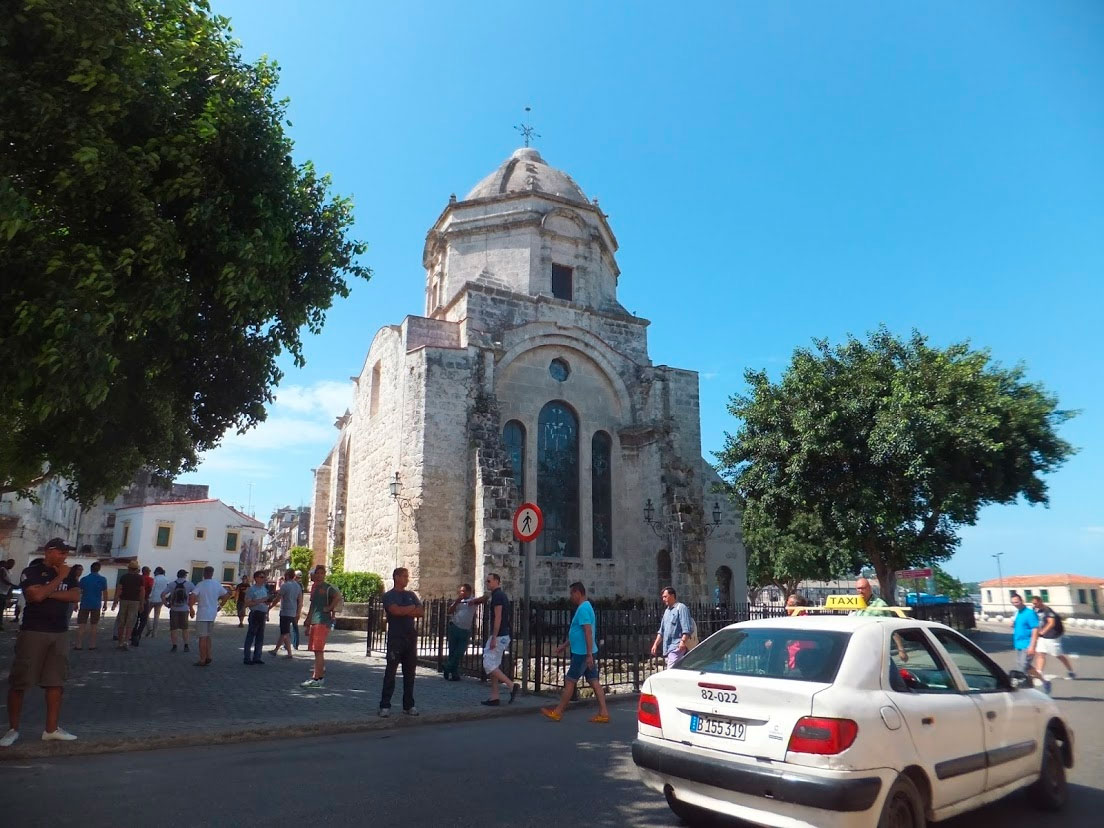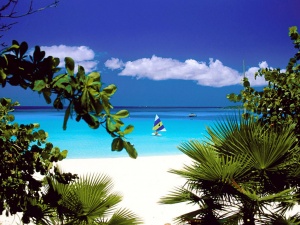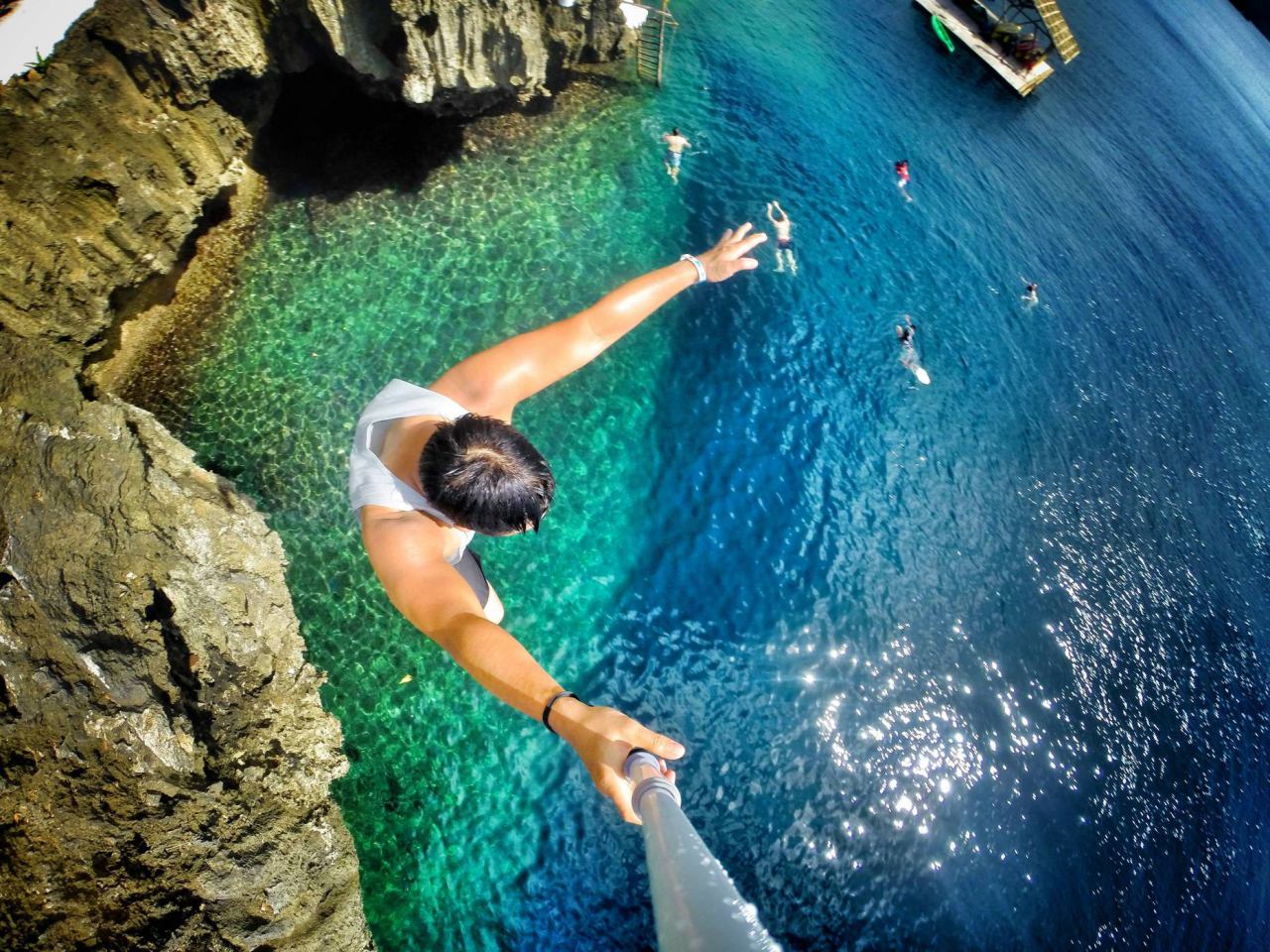This post may contain affiliate links. We may earn money or products from the highlighted keywords or companies or banners mentioned in this post.
March 14, 2016By: Jena Tesse Fox

The Wall Street Journal is reporting that Starwood Hotels and Resorts Worldwide and Marriott International are close to completing deals in Cuba ahead of President Barack Obama's March 20 trip to Havana.
A representative from Marriott said that company President and CEO Arne Sorenson will be traveling to Cuba as announced by the Administration. “We are optimistic that we are going to get a green light soon from the U.S. government to have hotels under the Marriott flag in Cuba.”
In a blog post published over the summer, Sorenson shared his thoughts on doing business in Cuba: “With travel to Cuba now surging, existing Cuban hotels are full and hotel companies from other countries are racing to tie up as many of the new hotels as they can before the likes of Marriott and our U.S. competitors show up. Shouldn’t U.S. companies be permitted to at least compete for all this new travel business in Cuba? While undeniably biased, I think the answer to this question must be ‘yes.' By engaging in business in Cuba, we will contribute to stronger and increasingly constructive relationships between Cuba and the U.S. as a result of two very basic things: first, our hotels will employ hundreds, if not thousands, of Cubans and, in doing so, bring career and cultural opportunities to them and their families in a manner that will reflect well on the U.S.; second, we will be able to welcome tens of thousands of American visitors to Cuba who will eventually return home with memories, friendships and opportunities that draw us together.”
Currently, international trade with Cuba is restricted by specific rules. Private partnerships are not allowed, forcing all foreign businesses to apply to the Cuban government for permission to develop in the country. Both the private international business and the government must provide capital and then divide the profits in a pre-determined pattern.
In Havana, ICAP (Instituto Cubano de Amistad con los Pueblos) is a social organization that helps facilitate a better understanding of Cuba for foreigners by bringing international visitors to Cuba and connecting them with locals. Vladimir Falcon, who works in the U.S. division of ICAP, called Cuba “forbidden fruit” for American travelers, and said that Havana is currently unprepared for the anticipated “tourism tsunami.” The city’s hotel scene is currently “feeling stress,” he said, and local government is working with both local and international developers to open new hotels. Tourism, he said, is a driving force for the nation’s economy—which can float all boats. “We can use it to improve our infrastructure,” he said. “Tourism will be a door.”
Keep visiting www.travelagentcentral.com for further updates to this developing story.
What do you think of this $type?










